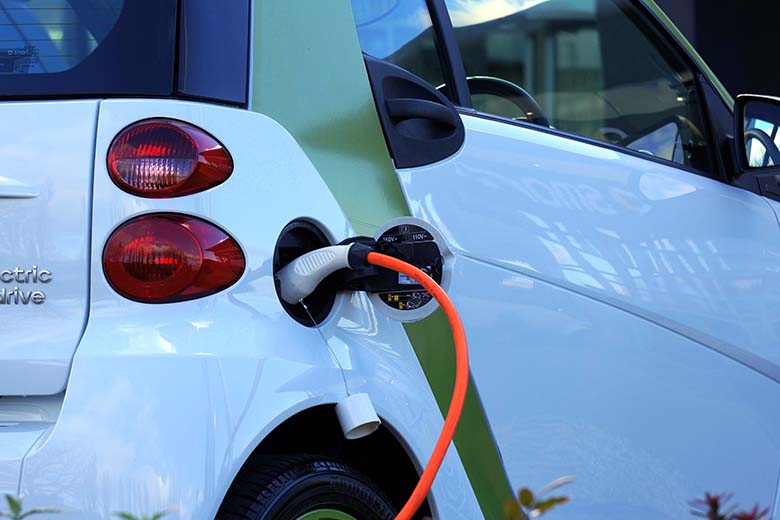Fewer and fewer people have fixed-rate energy contracts from before the energy rate increases. And the rates of variable-rate contracts have gone through the roof. To keep energy affordable, the Dutch government introduced the energy price cap. But that cap at EUR 0.40 per kilowatt-hour (kWh) only applies to a maximum consumption of 2,900 kWh. Any excess consumption is charged at the full energy contract rate.
According to milieucentraal.nl, the average annual energy consumption of a Dutch household is 2,479 kWh. At an average car battery capacity of 67 kWh (Elektrische Voertuigen Database), you would only be able to fully charge six times (6 x 67 = 402 kWh). So you will inevitably exceed the threshold, unless you have solar panels. Because the threshold is about net consumption: your consumption minus the yield from your solar panels in kWh.
What you can do
Stating the obvious, perhaps, but driving more economically means you need to charge your car less. How you can save energy in your EV? It starts with the correct tyre pressure. Accurate tyre pressure means less rolling resistance, saving energy. Other energy guzzlers are the air-conditioning and heater, so if you don’t need them, turn them off. And as with petrol cars, your driving behaviour very much determines your consumption. Do you want to increase your range per charge? Don’t abruptly brake and accelerate your way through traffic. Instead, drive smoothly and at a constant speed.
Public or home charging?
Public charging, and rapid charging in particular, is more expensive than home charging. After all, the provider incurs costs and wants to make a profit, so the rates per kWh are considerably higher. ANWB (article in Dutch) has made some calculations. The difference on an annual basis between home and public charging is EUR 500. If you were only to use rapid chargers, it would even cost you EUR 1,000 more. In practice, though, you would combine normal and rapid charging.
What your employer does
In the Netherlands, most employers reimburse home charging costs. Your employer carefully determines the amount of the reimbursement. And most home charger suppliers enable you to enter the agreed rate in the charger. The correct amount will automatically be paid to you on a monthly basis. Even if rates are variable. Would you like to know what arrangement your employer offers? Talk to us! You may call us at +31 (0) 30 208 02 60, or at the direct number you already have.


